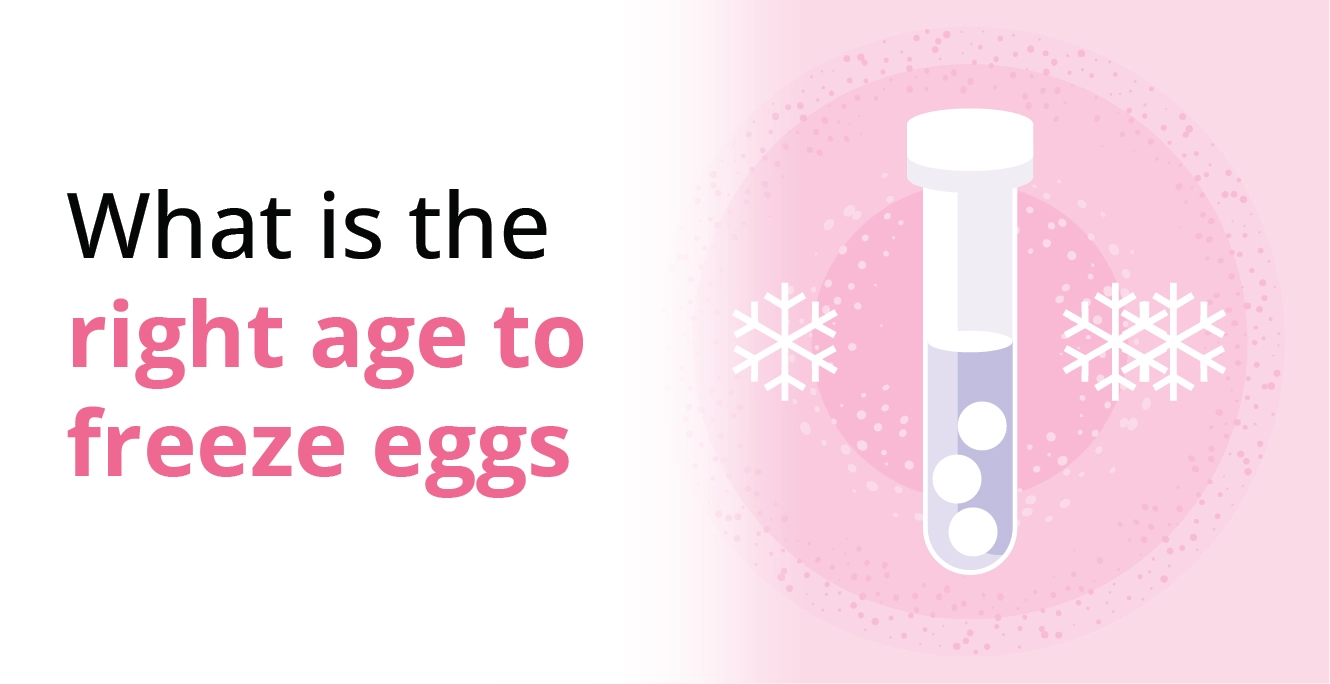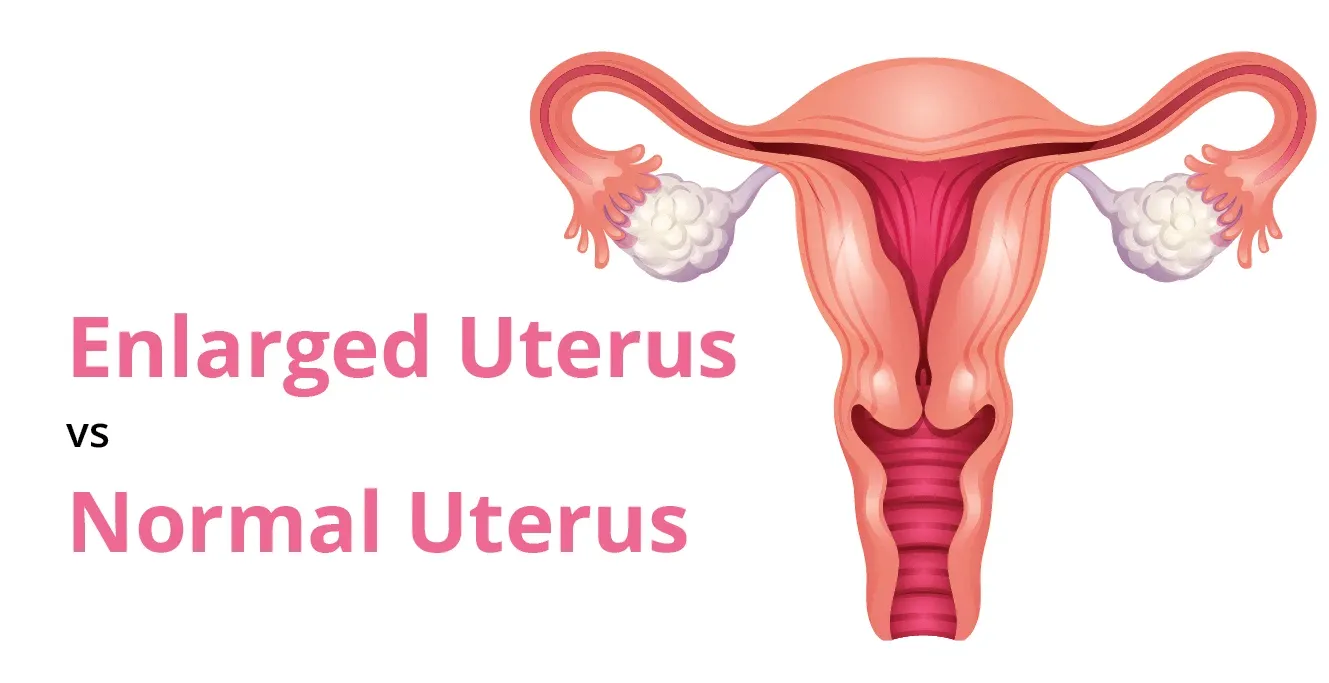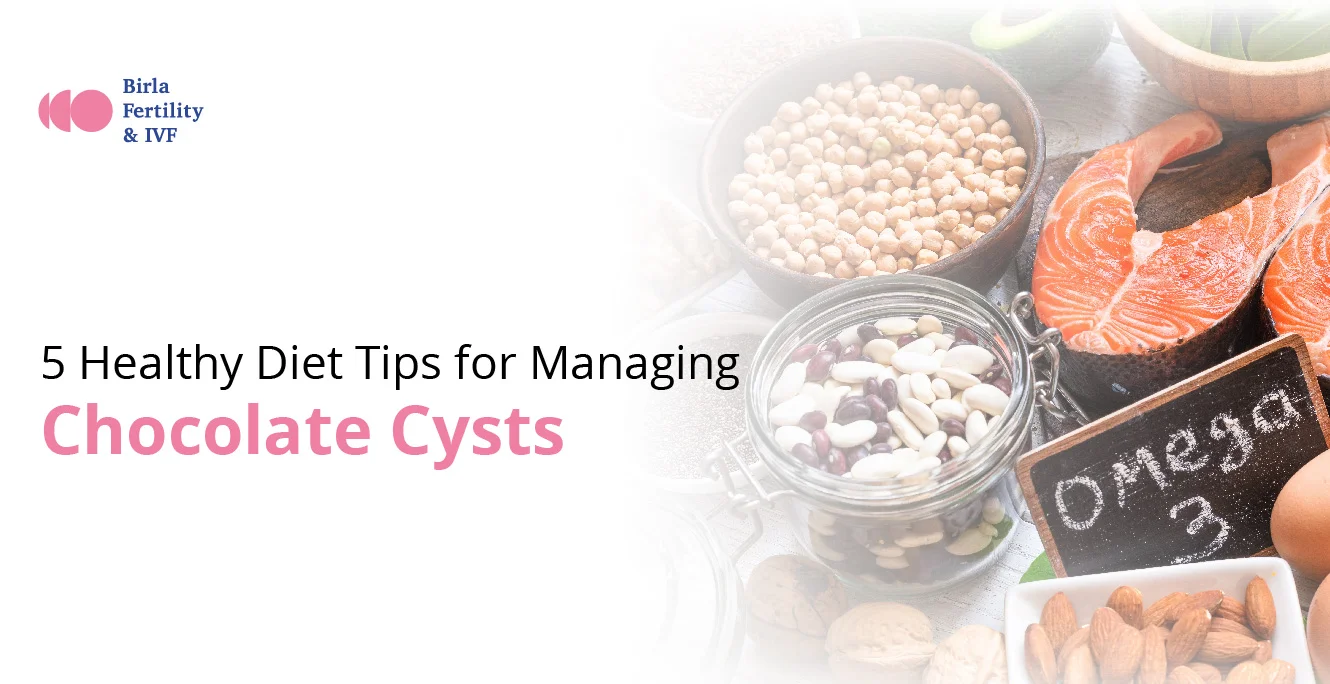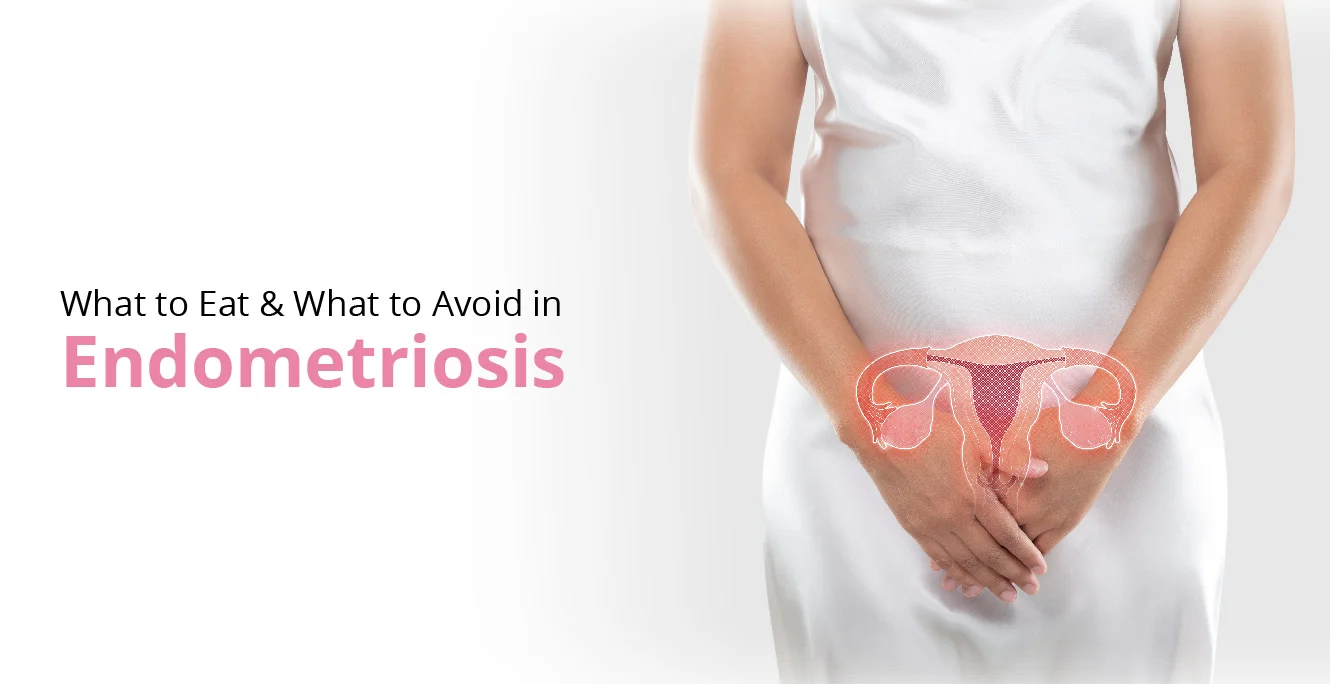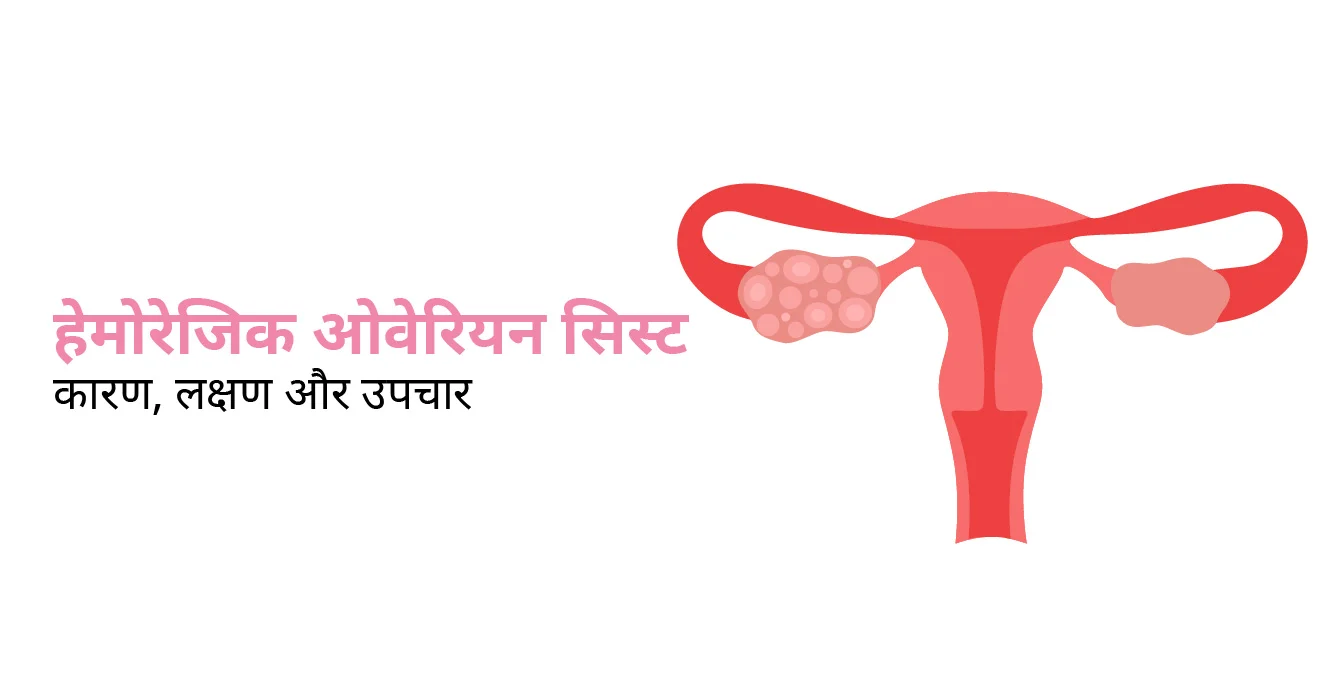
Female Infertility: Causes, Symptoms, Treatment, and Recovery

Table of Contents
- Quick Highlights
- What is Female Infertility?
- Causes of Female Infertility
- Symptoms of Female Infertility
- How Female Infertility Is Diagnosed?
- Treatment Options for Female Infertility
- Role of Lifestyle Factors in Female Infertility Treatment
- Recovery and Outlook
- Factors Affecting Female Infertility Treatment Success
- Tips to Improve Fertility in Females
- Conclusion
- FAQs
Quick Highlights
- Female fertility refers to a woman’s ability to conceive and carry a pregnancy.
- Common causes of female infertility include hormonal imbalances, PCOS, blocked fallopian tubes and age-related factors.
- Treatments for female infertility include IVF, IUI, hormonal therapies and surgical procedures.
- Alternate approaches like yoga and natural supplements can provide support.
- Lifestyle changes such as a healthy diet, regular exercise and stress management can also help.
Stay connected and learn more about these topics in detail in this blog.
What is Female Infertility?
Female infertility is referred to as a woman’s inability to conceive a baby or carry a full-term pregnancy. It is a typical reproductive health concern affecting millions of women globally. Understanding the reasons, symptoms, therapies available, and prospects for recovery connected with female infertility is critical to tackling this issue. This article provides a detailed summary of female infertility, including causes, symptoms, potential effective treatments, and recovery after assisted reproduction treatments.
Causes of Female Infertility
There are various causes of female Infertility, which may include physiologic, biochemical, hormonal, genetic and lifestyle choices. Detecting the underlying causes for an appropriate diagnosis and management of fertility might be difficult. Therefore, it is necessary to get timely advice from an expert. Here are a few common causes of female infertility:
- Structural Abnormalities: Abnormalities in the structure of a female’s reproductive organs, like uterine fibroids, endometriosis, pelvic inflammatory disease (PID), or congenital malformations.
- Ovulation disorders: These are among the most prevalent factors that affect women’s fertility and the conception process. Polycystic ovary syndrome (PCOS), hypothalamus dysfunction, early ovarian insufficiency, or hormonal imbalances are some examples of ovulation disorders.
- Blocked Fallopian Tubes: Damaged or blocked fallopian tubes are frequently caused by pelvic inflammatory disease or previous surgeries.
- Endocrine diseases: These can impair the proper operation of the reproductive organs by causing hyperprolactinemia or thyroid dysfunction.
- Age-related Factors: These can also prevent healthy conception, as there is a set number of viable eggs that can be fertilised. The number continues to decline as they age because of ovarian reserve.
- Autoimmune Disorders: Many autoimmune disorders, such as autoimmune oophoritis and the Antiphospholipid Syndrome, might interfere with implantation or otherwise negatively affect fertility.
- Genetic Disorders: Turner syndrome or Fragile X syndrome are certain genetic issues that might lead to infertility problems or decrease the normal function of overall fertility.
- Lifestyle Factors: Unhealthy lifestyle factors such as smoking, heavy consumption of alcohol, drug abuse, use of tobacco, irregular body weight, obesity, excessive intake of junk food, poor diet and stress can all impact fertility.
Symptoms of Female Infertility
Female infertility may not exhibit visible symptoms, making identification difficult without adequate evaluation. However, the following are some potential signs and symptoms of female infertility:
- Menstrual cycles that are irregular or nonexistent.
- Painful or heavy menstruation may suggest endometriosis.
- Pelvic discomfort or agony, particularly during intercourse.
- Hormonal imbalances can cause excessive facial or body hair growth as well as acne.
- Miscarriages or unsuccessful pregnancies on a regular basis.
- Factors associated with ageing, such as difficulty conceiving after the age of 35.
- The medical history points to illnesses known to cause infertility.
How Female Infertility Is Diagnosed?
Your doctor may prescribe fertility tests based on your medical history. Fertility tests include:
- Ovulation Testing: An at-home, over-the-counter ovulation prediction kit detects the surge in a hormone that occurs before ovulation. A blood test for progesterone—a hormone produced after ovulation—can also document that you’re ovulating.
- Hysterosalpingography: An X-ray is taken to detect abnormalities in the uterine cavity. If abnormalities are found, you’ll likely need further evaluation. In a few women, the test itself can improve fertility, possibly by flushing out and opening the fallopian tubes.
- Ovarian Reserve Testing: A few blood tests and an ultrasound are done to predict the ovarian reserve of a woman.
- Imaging tests: A pelvic ultrasound looks for uterine or fallopian tube disease.
- Other Tests: Other hormone tests check levels of ovulatory hormones as well as thyroid and pituitary hormones that control reproductive processes.
Treatment Options for Female Infertility
Experts diagnose the condition thoroughly to detect the root cause of infertility. Based on that, along with various first-line methods and medical interventions, female infertility can often be treated successfully. The following are some common treatment options to treat female infertility:
- Ovulation Induction: To increase healthy egg production, fertility drugs or medications are advised, such as clomiphene citrate or letrozole which can boost the production of eggs and help stimulate ovulation in women with ovulatory disorders. These should be taken only if prescribed by a doctor.
- Assisted Reproductive Techniques (ART): Over the years, advancements in ART methods such as In-Vitro Fertilisation (IVF), Intracytoplasmic Sperm Injection (ICSI) and Intrauterine Insemination (IUI) have helped patients with infertility problems reach successful outcomes.
- Surgery: Surgical intervention can be an extreme treatment often recommended to patients with structural defects, uterine fibroids or polyps, damaged fallopian tubes and endometriosis. These fertility disorders are usually treated by minimally invasive surgeries
- Hormonal Therapy: This is generally advised for women with hormonal imbalances. At times, hormonal imbalances like irregular levels of estrogen and progesterone require hormonal injections and medication is recommended to control and regulate them. Also, it helps regulate the menstrual cycle and prepares the uterine lining for pregnancy.
- Lifestyle Modifications: In some cases, minor fertility disorders can be treated with lifestyle modifications alone. The expert might give you a set of guidelines to follow for overall fertility health. Adopting a healthy lifestyle including regular exercise, a balanced diet, weight management training exercises, quitting smoking, moderate alcohol consumption, stress reduction and sleeping for at least eight hours can positively impact fertility.
Alternate Options for Female Infertility Treatment
- Donor: Egg donation is an option for women whose ovarian reserves have declined or who have genetic disorders that compromise the quality of their eggs. Receiving given eggs from a spouse or donor and fertilising them with their sperm is the process.
- Surrogacy: Through surrogacy, mothers who are unable to carry a pregnancy to term can nevertheless give birth to a biological child. On behalf of the intended parents, a surrogate carries the pregnancy all the way to delivery.
Role of Lifestyle Factors in Female Infertility Treatment
- Nutrition and Fertility: The reproductive organs are also healthy when they are supplied with a good proportion of the nutrients that are provided in a balanced diet. Lifestyle changes that can improve fertility include, eating healthy foods and avoiding too much alcohol content and caffeine.
- Exercise and Stress Management: Regular exercises such as walking and practising yoga or meditation can help regulate hormones, decrease stress and therefore improve fertility.
Recovery and Outlook
The recovery and outlook for female infertility vary depending on the underlying causes, severity and individual circumstances. While some cases may have a complete recovery and successful pregnancy, others may require ongoing management. Factors that influence recovery include:
- Treatment Success Rate: The success rates of various treatments depend on factors such as the specific intervention, age, overall health and the cause of infertility. The dramatic advancements in assisted reproductive techniques have significantly improved the chances of successful conception for infertile women.
- Age and Fertility Preservation: Age plays a critical role in female fertility and the chances of successful conception decline with advancing age. In some cases, fertility preservation techniques such as egg freezing may be considered to enhance future reproductive options.
- Emotional Support: To combat infertility can be emotionally challenging for females who are struggling with it. Therefore, seeking support from loved ones, counselling or support groups can positively impact mental well-being and overall recovery.
- Alternative Paths to Parenthood: Adoption, surrogacy, or using donor eggs or embryos are alternative options for individuals or couples unable to conceive naturally.
- Continued Monitoring: Regular follow-up with your fertility specialist is essential to monitor progress, evaluate treatment effectiveness and provide guidance for managing infertility.
Factors Affecting Female Infertility Treatment Success
- Age has a big effect on fertility. Due to age-related factors that affect egg quality, women under 35 often have better success rates, which steadily decline as they age.
- The underlying causes of infertility can impact how well a treatment works. Directly addressing these reasons can lead to better results.
- It’s critical to comprehend that for some women, a successful pregnancy may require multiple treatment cycles. Success frequently depends on persistence and patience.
Tips to Improve Fertility in Females
Learning about the causes of female infertility allows us to practice caution and prevent these conditions.
Here’s what you can do to improve your fertility naturally:
- Eat a well-balanced, nutritious diet
- Exercise regularly
- Eat foods rich in antioxidants
- Don’t skip breakfast
- Plan a fibre-rich meal once a day, at least
- Take multivitamins
- Reduce your levels of stress
- Lose weight, if obese
- Maintain a healthy body weight
- Avoid smoking and drinking
Conclusion
Female infertility affects millions worldwide, but understanding its causes, symptoms, and treatments is the first step toward hope. Early diagnosis, medical intervention, and a healthy lifestyle can significantly improve the chances of successful pregnancy. Emotional support from loved ones also plays a vital role in this journey. Thanks to advancements in medical technology, many women have new opportunities to experience motherhood.
At Birla Fertility & IVF, our experienced specialists provide compassionate care and tailored solutions for fertility challenges. If you are facing infertility and seeking expert guidance, our team is here to help. Book a free consultation today and let’s take the next step together.
FAQs
Can Female Infertility Be Cured Only Through Medication?
Certain medications and fertility drugs are recommended to treat infertility disorders, such as issues with ovulation. However, the type of fertility treatment, whether it requires first-line treatment or surgical intervention, is determined based on the root cause diagnosed by the expert.
What Are the Common Surgeries for Female Infertility?
Several disorders can lead to infertility in women like ovulation disorders, endometriosis, adenomyosis, uterine fibroids, uterine abnormalities, etc. The type of surgery recommended by the expert after running a thorough diagnosis. The common surgeries for female infertility are:
How Does Age Affect Female Fertility?
Age is a significant factor that affects female infertility and also decreases the chances of a healthy pregnancy. It happens because the ovarian reserve starts declining, leading to difficulty and complications in getting pregnant.
How Can I Treat Female Infertility With Diet?
There is a lower chance of treating infertility in females with diet alone. However, you can maintain the symptoms of some ovulation disorders by following a healthy diet enriched with all the possible required nutrients and vitamins. Also, it is advisable to consult a fertility expert and a dietitian to get expert advice on the same.
What Are the Risk Factors of Infertility in Women?
Certain factors can increase the risk of infertility in women. These include advanced maternal age, smoking, obesity, overconsumption of alcohol and a history of sexually transmitted infections.
What Are the Common Causes of Infertility in Women?
Women may face issues with infertility due to several factors such as lifestyle, underlying conditions, genetic factors, surgeries, scarring and trauma.
Our Fertility Specialists
Related Blogs
To know more
Birla Fertility & IVF aims at transforming the future of fertility globally, through outstanding clinical outcomes, research, innovation and compassionate care.
Had an IVF Failure?
Talk to our fertility experts

 Our Centers
Our Centers





